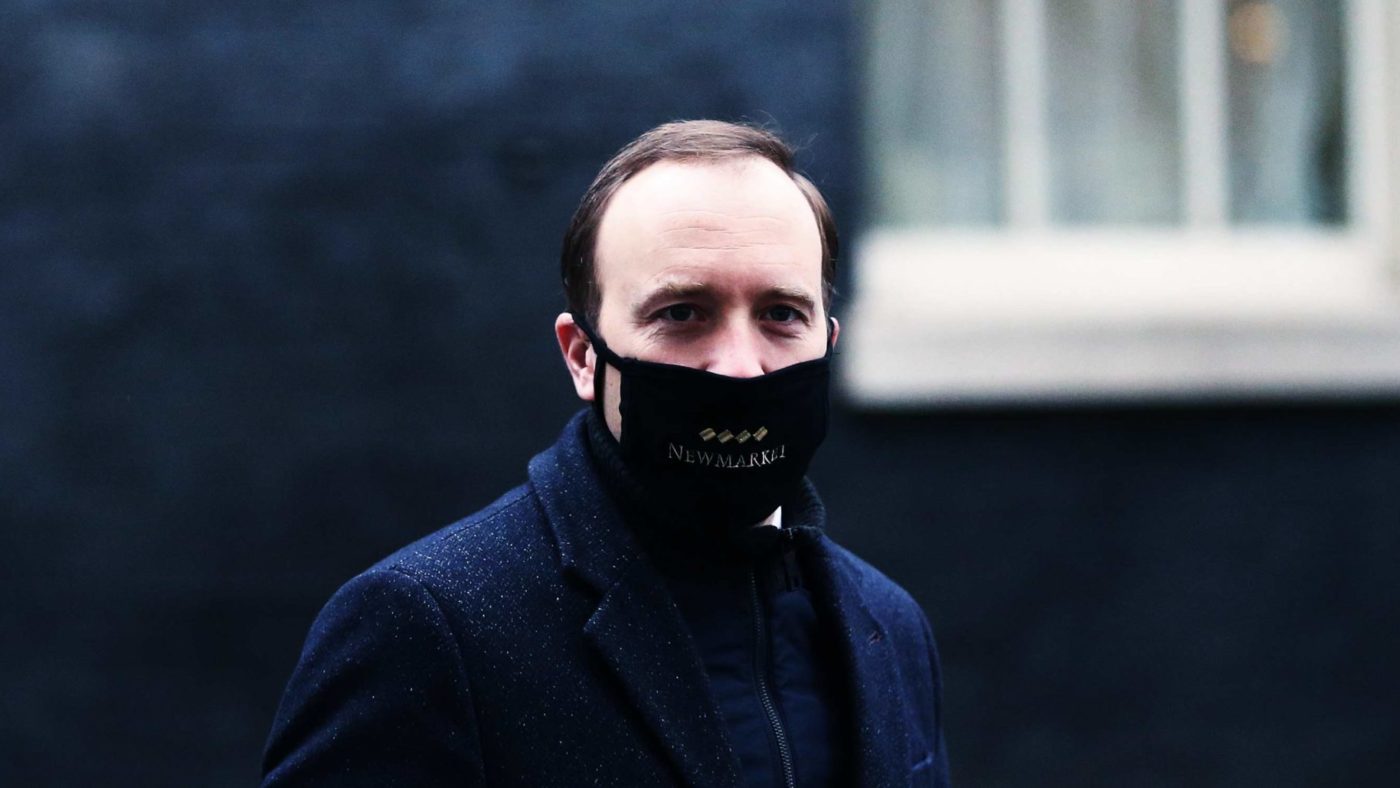It’s easy to have a pop at Matt Hancock. He’s pretty dorky, and just a shade too earnest for the modern era of internet take-downs. From launching his own app and proposing to be the first Cabinet Minister to appear as a hologram, to looking like he’s been locked in the under-stair office equivalent of a steamer trunk, we’d be lying if we said we hadn’t all enjoyed the odd moment of teasing at his expense.
This week, however, Hancock’s earnestness tipped him into a very human moment for which I feel he was unfairly laughed at and attacked. In preparing for the possibility of a vaccine, he said, he had drawn inspiration for his thought process on procurement from watching a pandemic thriller, Contagion.
“God imagine if he’d watched Mad Max instead” was one of the gentler responses to this admission, but the general underlying tone of the responses was ‘dear God, save us from a minister who gets his ideas from a Hollywood film’.
Now, no one is claiming that Contagion is great art, but I’d be more worried by a minister incapable of finding inspiration in art and popular culture than by the Health Secretary admitting he learned something about pandemics from a movie.
More importantly, the lesson he says he’s drawn from it has turned out to be absolutely correct. As he told LBC:
“In the film it shows the moment of highest stress around the vaccine programme is not in fact before it’s rolled out – when actually it’s the scientist and the manufacturers working together at pace – it’s afterwards when there’s a huge row about the order of priority. I insisted we ordered enough for every adult to have two doses but also we asked for that clinical advice on the prioritisation very early and set it out in public, I think for the first time in August or September, so that there was no big row about the order of priority.”
That such a film might contain valuable insights isn’t actually that surprising, given that director Steven Soderbergh took advice on the script from eminent epidemiologists such as W Ian Lipkin and the wonderfully named Larry Brilliant. What you see in the film, therefore, is not overblown Hollywood melodrama, but a fairly accurate dramatisation drawn from extensive consultation with some of the world’s leading infectious disease experts.
It’s also all too easy to forget that at the time Hancock and his colleagues were making crucial decisions on vaccine procurement we were still far from sure whether a vaccine would be successful. Worse still, the Government was trying to respond to a pandemic using the only rulebook they had available to them, the “pandemic preparedness” exercise of a few years previous, which had been modelled on a known viral pathogen with known treatment protocols and a pre-existing modifiable vaccine. It was, to all intents and purposes, completely useless as a road map, and many of the mistakes the Government has made in the past year can be traced back to it. In a situation like that, would we not prefer the Health Secretary to try and think outside the box.
And before we point and laugh at the Health Secretary, remember too that he beat the drum on vaccines as loud as anyone, even when others were far more sceptical. It feels downright bizarre now to read reports from as late as October quoting Whitehall sources saying Hancock is “the only person here who thinks there is actually going to be a vaccine”.
Add to that the fact that so far the UK’s vaccine rollout has been, compared to much of the Government’s pandemic response, an unparalleled success. It has even made the EU’s own programme look like a shambles after four years of Brussels outwitting us on a regular basis.
A lot of that success can be traced back to the unfairly maligned Hancock, whose unorthodox sourcing of policy ideas ought to be a source of inspiration, not indignation. Dear God, save us from unimaginative ministers.
Click here to subscribe to our daily briefing – the best pieces from CapX and across the web.
CapX depends on the generosity of its readers. If you value what we do, please consider making a donation.


